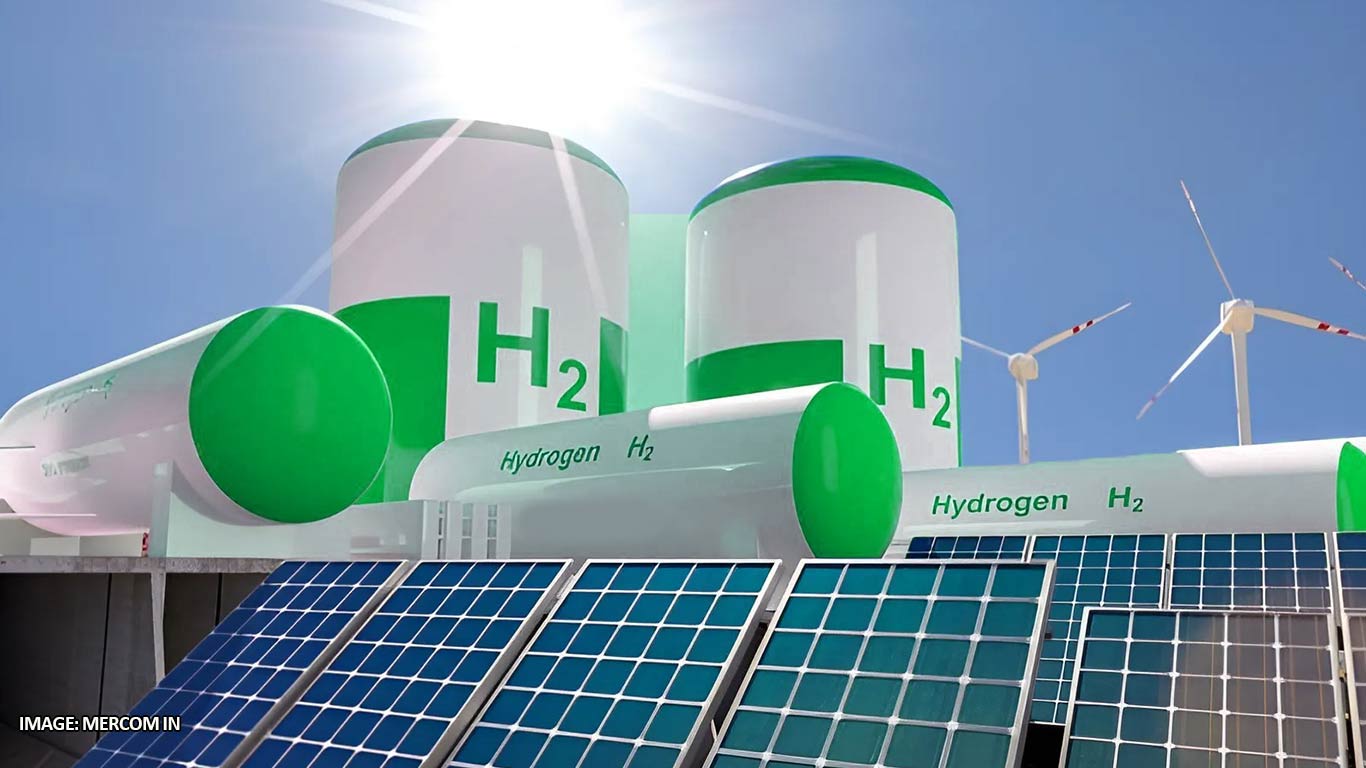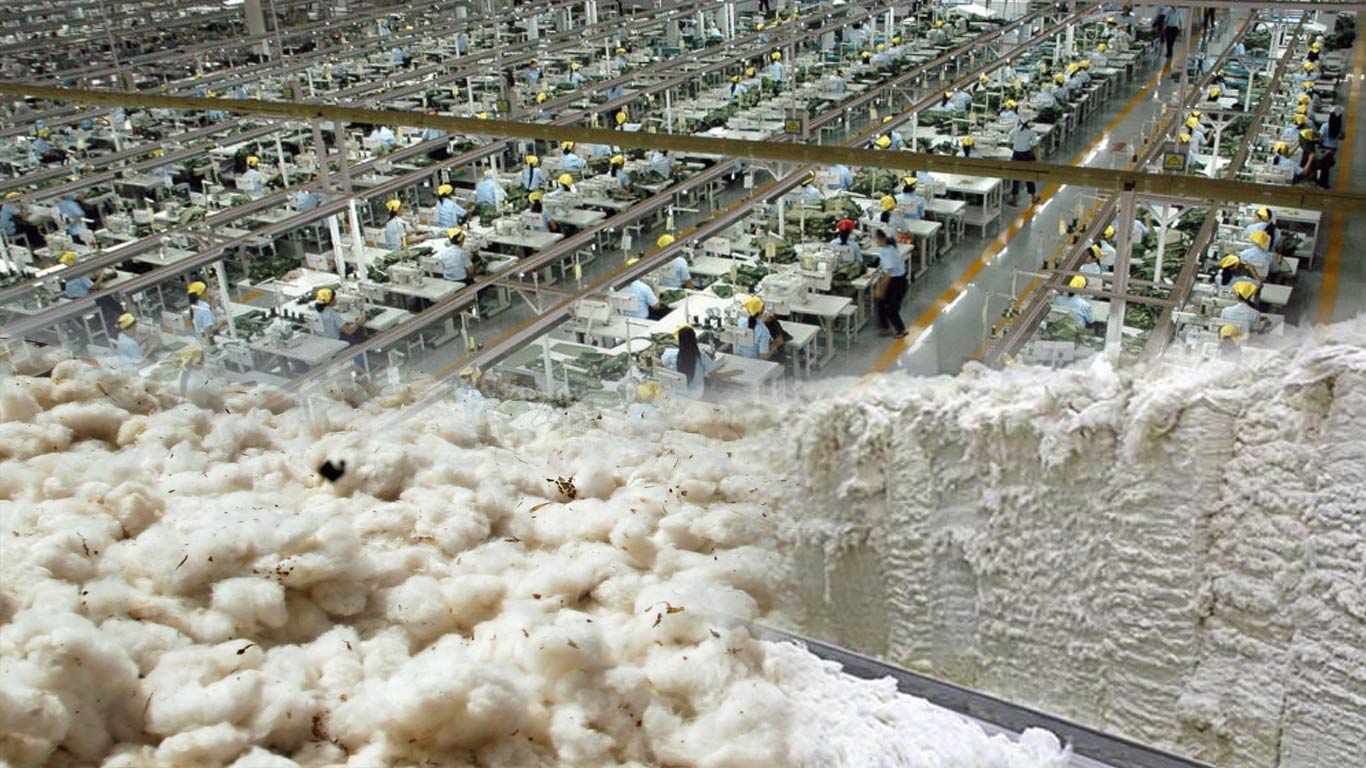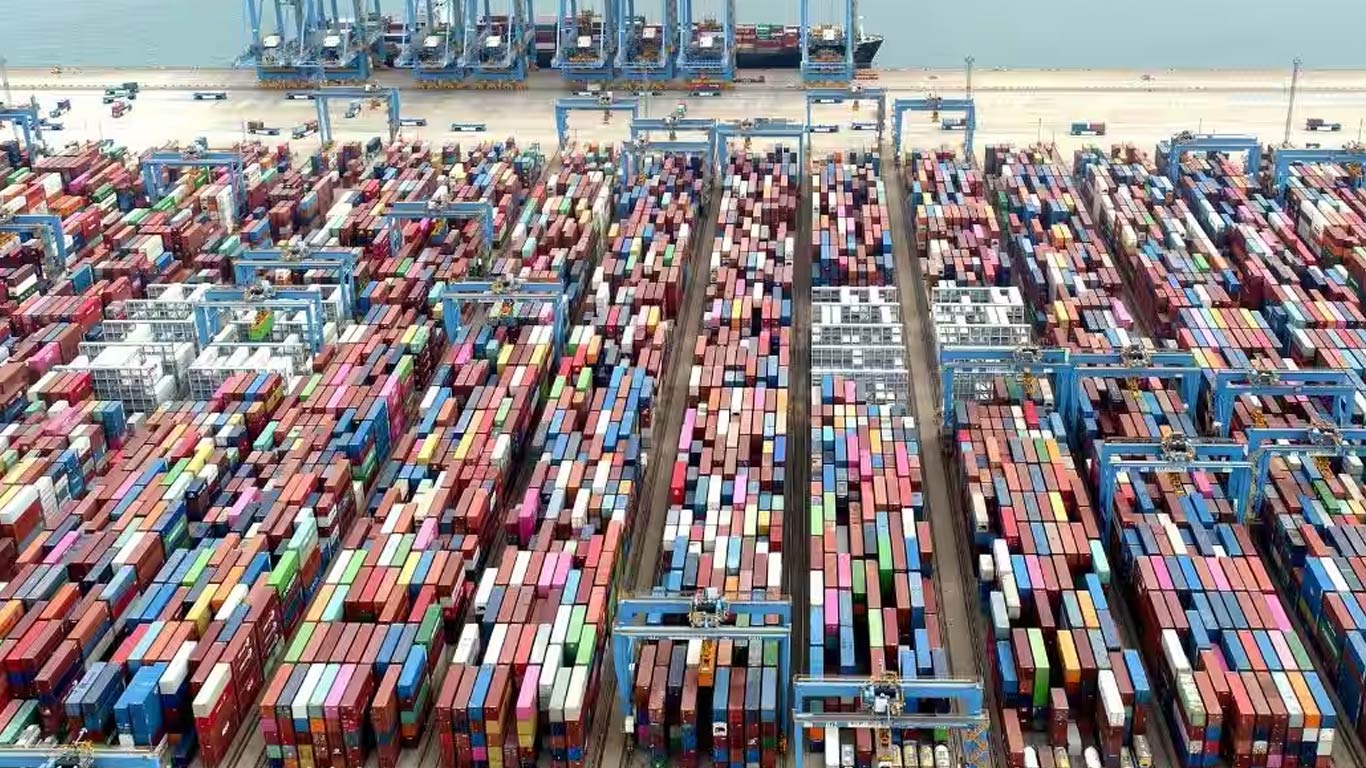KVIC to evaluate PM job scheme
Updated: Apr 10, 2013 05:10:36pm
KVIC has invited bids from specialised agencies to conduct the study.
PMEGP is a credit linked subsidy programme which has resulted from the merger of two schemes, namely Prime Minister’s Rojgar Yojana (PMRY) and Rural Employment Generation Programme (REGP) which were meant for generation of employment opportunities through the establishment of micro enterprises in both rural and urban areas.
Administered by the Ministry of Micro, Small and Medium Enterprises (MOMSME), it is a central sector scheme implemented by Khadi and Village Industries Commission (KVIC). Government subsidy under the scheme will be routed by KVIC through identified banks for eventual distribution to beneficiaries / entrepreneurs in their bank accounts.
PMEGP has been applicable to all new viable micro enterprises, including village industry projects except activities indicated in the negative list of Village Industries. However, existing or old units are not eligible.
While the Ministry of MSME has been the controlling and monitoring agency for implementation of the scheme handling the functions of allocating targets, sanction and release of required funds to KVIC, KVIC has been the implementing agency of the scheme at the national level.
The scheme according to the guidelines had to be reviewed by KVIC which submitted a performance report to the Ministry each month; and reviewed half yearly by the Chief Secretary along with senior officials.
However, it was stipulated, “A comprehensive, independent and rigorous evaluation of the scheme will be got done after two years of its implementation. Based on the findings of the evaluation study the scheme would be reviewed,” in the guidelines of PMEGP.
Hence the call for agencies, institutions and organisations having expertise in conduction all India evaluation studies for conducting an evaluation study of PMEGP scheme, is in keeping with the guidelines.
Other than generating employment opportunities, PMEGP’s objectives have been to bring together widely dispersed traditional artisans as well as rural and urban unemployed youth and provide them with self-employment opportunities in their place of residence.
Other objectives of PMEGP have been to provide continuous and sustainable employment to traditional and prospective artisans and unemployed youth in the country and prevent them from migrating to urban areas; to increase wage earning capacity of artisans; and increase growth rate of rural and urban employment.
As far as financial assistance is concerned, while the maximum cost of the project in the manufacturing sector has been Rs 25 lakh, the maximum cost of the project in the business / service sector has been Rs 10 lakh. The balance amount of the total project cost would be provided by banks as a term loan.
Items included in the negative list are meat processing, beedi/pan/cigar/cigarette, food outlets serving liquor, cultivation of tea, coffee, rubber, sericulture, horticulture, floriculture, animal husbandry, pashmina wool and polythene bags. (KNN)











